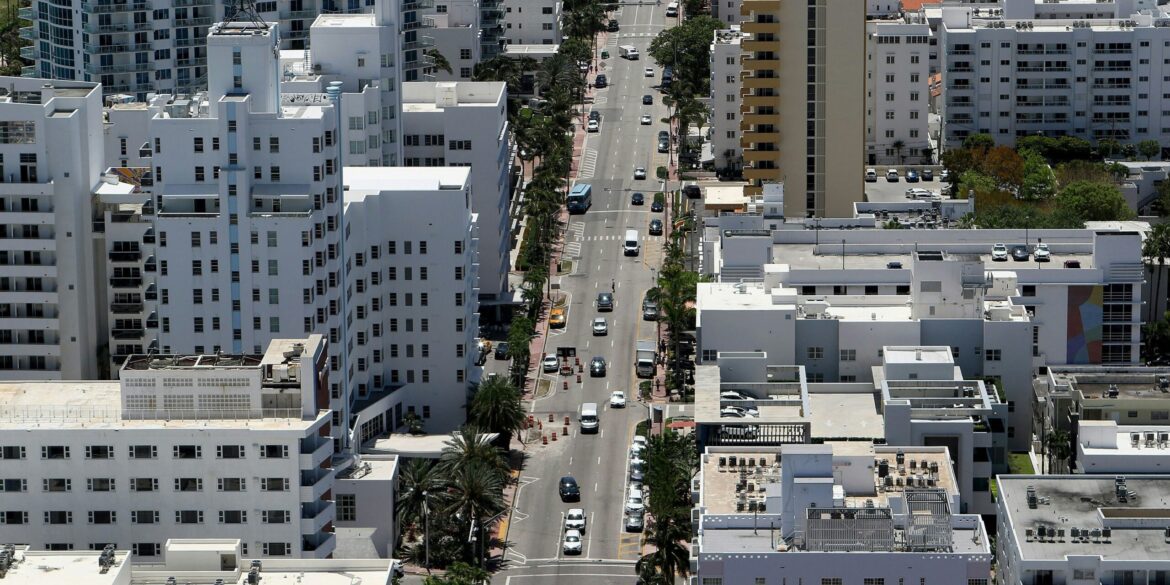The commercial real estate sector across the United States is undergoing a significant transformation in 2025, with increasing demand for flexible and mixed-use properties reflecting evolving business needs and urban development trends. Major metropolitan areas such as San Francisco, Boston, Atlanta, and Chicago are at the forefront of this shift, adapting to new paradigms in work, retail, and lifestyle preferences.
The Rise of Flexible Office Spaces
The office sector, historically a cornerstone of commercial real estate, has been reshaped by the widespread adoption of hybrid work models accelerated during the COVID-19 pandemic. Despite early predictions of an office apocalypse, demand for office space has rebounded, albeit with a different profile.
Companies are prioritizing spaces that support flexibility, collaboration, and employee well-being. This has led to a surge in demand for coworking spaces, flexible lease terms, and amenities such as wellness centers, outdoor areas, and advanced technological infrastructure.
CBRE’s 2025 Market Outlook reports that the U.S. flexible office market is expected to grow by 15% this year, with many traditional landlords incorporating coworking operators into their buildings.
Mixed-Use Developments: Urban Revitalization and Convenience
Mixed-use developments, combining residential, commercial, retail, and recreational spaces, have gained popularity as cities seek to foster vibrant, walkable neighborhoods. These developments offer convenience and lifestyle amenities that attract both tenants and consumers.
Adaptive reuse projects have become particularly significant, with older industrial buildings converted into creative office spaces and retail hubs. These projects align with sustainability goals by preserving architectural heritage and reducing the environmental impact of new construction.
Examples include Boston’s Innovation District and San Francisco’s Dogpatch neighborhood, where mixed-use projects have spurred economic revitalization and community engagement.
Industrial Sector: Continued Strength and Challenges
The industrial real estate sector remains robust, driven primarily by e-commerce growth and logistics demands. Warehouse and distribution centers near ports and major transportation corridors are in high demand, particularly in regions such as Southern California and the Northeast.
However, the sector faces headwinds including rising construction costs, labor shortages, and regulatory hurdles. Developers are innovating with automation, energy-efficient designs, and modular construction techniques to address these challenges.
Retail Real Estate: Evolution and Innovation
Retail real estate is evolving in response to changing consumer habits, with a focus on experiential offerings. Retailers are integrating technology, such as augmented reality and personalized shopping experiences, to attract foot traffic.
Mixed-use retail spaces that combine dining, entertainment, and shopping are proving successful. Examples include the revitalization of urban shopping districts and lifestyle centers that emphasize community events and cultural programming.
Investment and Financing Trends
Investors are targeting sectors poised for growth, including life sciences, technology hubs, and sustainable buildings. There is growing interest in real estate investment trusts (REITs) specializing in flexible office and industrial properties.
Financing environments have tightened with rising interest rates, prompting investors to prioritize properties with strong fundamentals and long-term tenant commitments.
Sustainability and ESG Priorities
Environmental, social, and governance (ESG) considerations have become central to commercial real estate development and investment. LEED certification and net-zero building goals influence tenant preferences and regulatory compliance.
Cities and states are implementing policies incentivizing green building and penalizing inefficient structures, further driving industry focus on sustainability.
Outlook and Opportunities
The commercial real estate landscape in 2025 offers opportunities for innovative developers and investors who understand evolving tenant needs and urban dynamics. Flexible and mixed-use spaces that balance convenience, sustainability, and technology integration are well-positioned for success.
Strategic partnerships between public and private sectors, coupled with data-driven market analysis, will be critical to navigating challenges and capturing growth.

